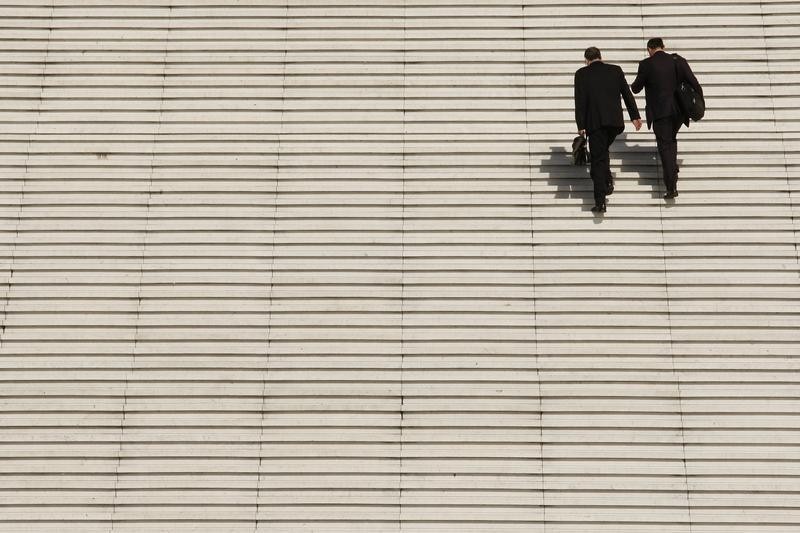(Adds Cuba government source says U.S. provided no evidence of the harm, paragraphs 3-4; background, paragraphs 13-15)
By Anthony Boadle and Sarah Marsh
UNITED NATIONS/HAVANA, Sept 22 (Reuters) - Cuba urged the United States on Friday to cooperate with its investigation into incidents that the U.S. says have harmed its diplomats in Havana and not to politicize the matter, days after Washington said it was considering closing its Cuban embassy.
In an address to the United Nations General Assembly, Cuban Foreign Minister Bruno Rodriguez said the top level of the government in Havana had ordered an investigation into the mysterious matter, which threatens the fragile detente between the old Cold War foes.
However, a Cuban government source told Reuters that the United States had provided no evidence of the harm, including hearing loss, dizziness and nausea, that it says U.S. diplomats and their relatives based in Havana have suffered.
Cuban doctors had also not been allowed to examine anyone, the source said. A spokesman for the U.S. embassy in Havana declined to comment.
"The investigation to clarify this issue continues, and in order to be able to arrive to a conclusion, it will be crucial to count on the cooperation of the U.S. authorities," Rodriguez told the U.N.
"It would be unfortunate if a matter of this nature is politicized," said Rodriguez. Cuba has denied any involvement in the affair.
U.S. Senator Marco Rubio of Florida was among five Republican senators that a week ago called for U.S. President Donald Trump to retaliate against Cuba by expelling its diplomats and possibly shuttering the U.S. embassy in Havana.
Rubio helped forge Trump's new Cuba policy, rolling back parts of the detente achieved under Democratic former President Barack Obama and taking a harder line on the Communist-run island.
Cuba's state-run media this week said the only party interested in a deterioration in relations were a small group of Republicans led by Rubio.
The U.S. government in August first officially confirmed they were investigating the incidents it said began in late 2016. Several Canadians were also affected, a Canadian official said, further deepening the mystery.
The last incident to affect a U.S. citizen occurred late in August, bringing the number of those with symptoms to 21, a U.S. State Department official said last week.
Some of those had returned home for testing and treatment, the U.S. official said, while others had been tested in Cuba, where the embassy has a fulltime medical officer.
Investigations by Cuba, the United States and Canada have yet to come up with any answers. Experts agree it is hard to see how any attacks could have been carried out or what the motivation could be.
Theories abound, from surveillance technology gone awry to a sophisticated acoustic weapon in the hands of Cuban-American exiles or third-party state actors such as Russia, Iran or North Korea, but most flounder.
Audiologists for example have raised doubt over the possibility of whether any sonic weapon exists that can be used covertly to bring about the range of symptoms mentioned by diplomats.
